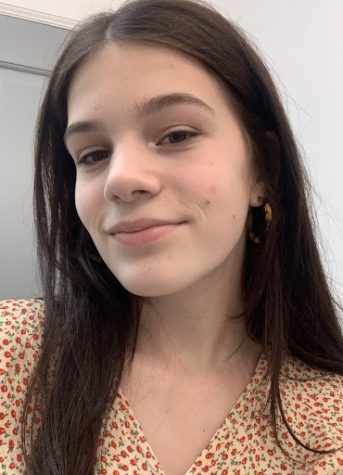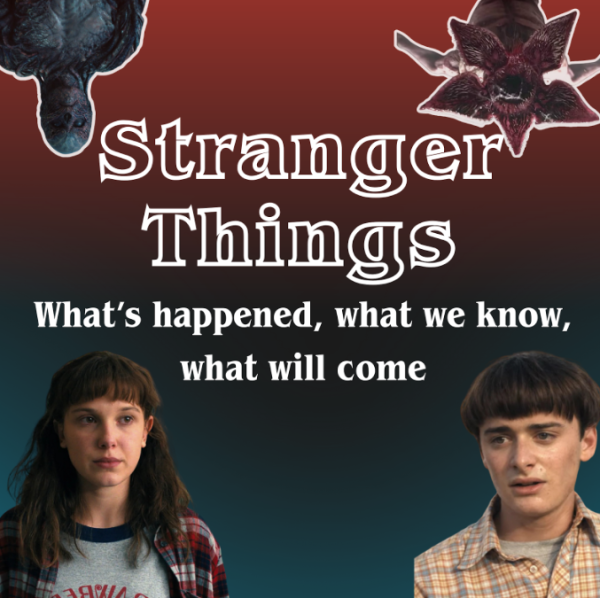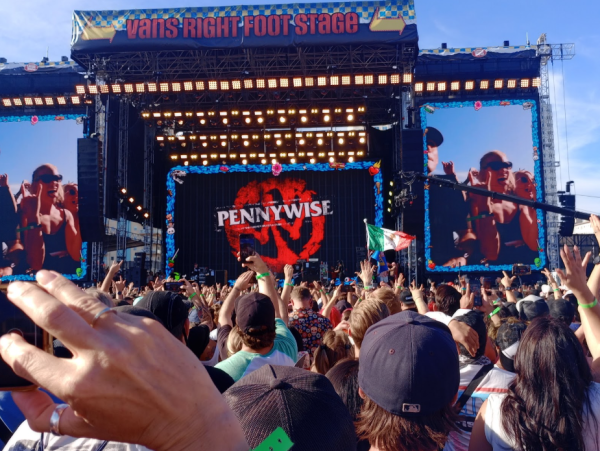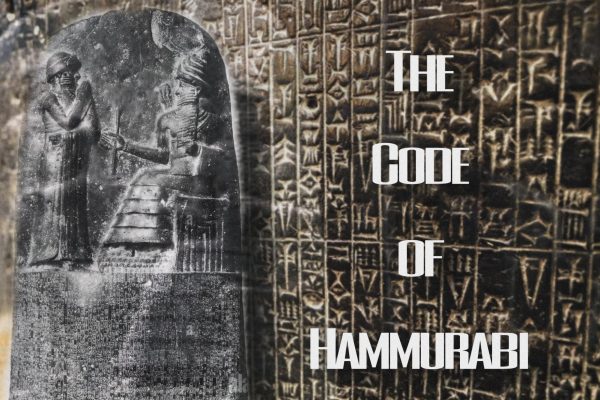The Witches and Its Insensitive Portrayal of Disabilities
The modernized version of Roald Dahl’s The Witches stirred up a fire on social media following its release on HBO Max. Many individuals and organizations within the disabled community expressed their disapproval for the film’s insensitive depiction of people with limb differences.
The Witches, which made its debut on HBO Max in October, is the second film based on Dahl’s popular children’s book. The story focuses on a young boy who stumbles across a group of witches gathering while he lives with his grandmother. After finding out their master plan to turn the world’s children into mice, he works with his grandmother to combat their evil plot. Along with the main character Hathaway, the cast includes Jahzir Kadeem Bruno, Octavia Spencer, Stanley Tucci, Chris Rock, and Kristin Chenoweth.
In the new Robert Zemeckis-directed film, Anne Hathaway’s evil character, known as the Grand Witch, has missing fingers. Octavia Spencer’s role as Grandmother even went so far as to call the Grand Witch inhuman. Hathaway is considered to be a demon with hands as ¨claws.¨ To many, this sent a saddening message to kids with limb differences, who struggle with being accepted into society.
Many people with disabilities noticed that she had a condition called Ectrodactyly, a limb abnormality commonly referred to as “split hand.” These people feared that portraying such characters with physical deformities could perpetuate a negative connotation that disabilities are ¨villainous.¨
Amy Marren, a paralympic athlete, described that she was disheartened by Warner Bros. and asked if there was ¨much thought given as to how this representation of limb differences would affect the limb difference community.” Following her tweet, the official account for the Paralympic Games added, ¨Limb difference is not scary. Differences should be celebrated, and disability has to be normalized.”
In an attempt to rebuild bridges within the disabled community, Hathaway worked with a nonprofit advocacy group called The Lucky Fin Project to raise awareness about the issues that come with the stigma about deformities. Organizations like these work endlessly to combat the biases that led to the Warner Bros. mishap. The founder of LFP, Molly Stapelman, wants the differences of the disabled to be celebrated and normalized, requiring understanding from the public.
Warner Bros. later issued an apology after major criticism, saying how they “regretted any offense caused.” It is upsetting to see such outdated stereotypes make their way into a major film; however, it is also a significant sign of how much more progress needs to be made when it comes to accurate representation in the world.

Hi! My name is Preslee Adams, and this is my second year in journalism. I am filled with excitement for this upcoming school year and cannot wait to grow...





